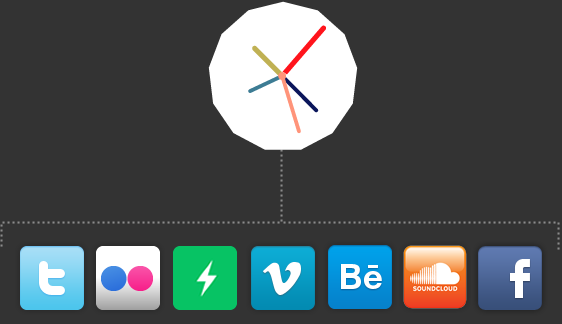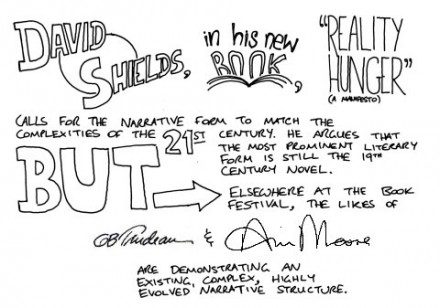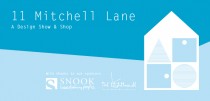David Shields has a compelling proposition: that long-form fiction, at least popularly, has not really evolved past the 19th century novel. He argues that our lives are more complex, demanding and overloaded with strands of information than ever before, in a way that the fiction – and art as a whole – that attempts to describe our lives hasn’t so far managed to tackle. The title of his book alludes to his hunger for art that tells truths about the world we’re living in, blurs the lines between fiction and non-fiction, and throws away established conventions about what a story should be.
He shared the podium on Sunday with Eli Horowitz, managing editor of McSweeney’s, the publisher founded by A Heartbreaking Work Of Staggering Genius author Dave Eggers. They have managed to escape the tumbling fate of the publishing industry as a whole by turning their publications into things of art and beauty in themselves: whether it’s their in-house hardbacks, their literary quarterly, Panorama, their newspaper, or Wholphin, their DVD video periodical packed with unseen and awesome short films, the form feels almost as important as the content.
I’ve been a big fan of theirs for the best part of a decade, and the thoughts that Horowitz shared at the Book Festival were fresh, intelligent and refreshingly bullshit-free. He dismissed, for example, the idea that ebooks were somehow inferior because reading a paper book is in itself a magical experience (something I’ve heard over and over in my role as a technologist). If books are going to compete, he noted, their form has to compete with the convenience of ebook readers, and their content has to continue to innovate, and to strive to be vital.
We’re a new generation, empowered by technology to transform the world around us. What both Shields and Horowitz seemed to be doing was calling out for writers and artists to be true to themselves instead of the established norms – particularly the commercial norms – and do what we feel we have to do. It’s the story, the reality and the issues that count, rather than the framework that we put them in. Ignore genre and write what you need to write.
That message was echoed by both Garry Trudeau and Alan Moore, who took the stage with Guardian cartoonist Steve Bell on two consecutive days. (Sasha’s written a great overview of the Alan Moore event over here.)
I grew up reading Doonesbury, and can’t claim any pretense of objectivity about Trudeau. I love everything he does. The strip is a very different kind of narrative, but it presents an impressive body of work: a continuous story, updated four panels a day, for forty years. Doonesbury manages to be cuttingly satirical, intelligently human and almost zen in its artistry: as Alan Moore pointed out, often the art will be static from panel to panel except for some small detail, which will change for either comedic or emotional effect. It’s a style that Moore’s seminal graphic novel From Hell deliberately mimicked. As accomplished as Moore’s novels are, however, I doubt he could keep the same group of characters growing, changing and never losing their power for four decades.
I approached Garry after the talk, my heart beating and head buzzing, and managed to say about three intelligible words before giving up and collapsing in an awkward heap of admiration and linguistic malcoordination. They say you should never meet your heroes; perhaps that’s because you’ll spend the rest of the month kicking yourself for being such a dork. (However, he – along with everyone else here – was polite, articulate, intelligent and very friendly.)
Both Trudeau and Moore heeded a version of David Shields’s call to action in their respective times. Trudeau took the newspaper cartoon, at the time saturated with the likes of Little Orphan Annie and Blondie, and turned it into affecting real-life commentary. Alan Moore took pulp comic books and turned them into sophisticated literature that discussed what it means to be human. Both became the voices of their respective generations by writing what they felt was vital – what they felt people needed to hear, rather than what they said they wanted.
As both Shields and Horowitz were quick to point out, this generation – digital, disparate and respectful of long-tail individuality – has yet to find its voice. There’s perhaps an argument that, thanks to personal publishing and the Internet, the voice is actually the whole generation. Nonetheless, there’s all to play for, and it’s time for artists to shed their inhibitions.















Comments